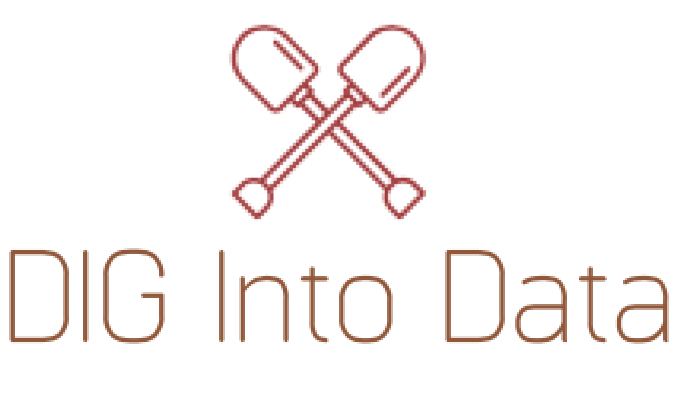RCN-UBE Incubator: Designing an Infrastructure and Sustainable Learning Community for Integrating Data-Centric Teaching Resources in Undergraduate Biology Education
Overview:
This RCN Incubator proposal addresses the challenges facing dissemination and broad implementation of teaching approaches based on authentic research data in the biology classroom. There have been significant investments and successes in developing data-centric pedagogies and these classroom resources have high impacts on student learning and retention. However, the development and publication of these resources is only the first step in the open educational resources (OER) life cycle, where instructors then find, implement, and enrich these resources based on the context of their classrooms. This proposal addresses the gap in the curriculum cycle after the development stage by conceptualizing a community framework for the large-scale sharing and adaptation of data-centric collections.
This network will bring together experts in information science and the OER model, experienced educational resource developers, leaders in faculty development, diversity, and inclusion efforts, and undergraduate instructors with interests in applying teaching approaches with data in the classroom. These diverse stakeholders will work together to build a working model for sustaining a technological and social community focused on emerging approaches and resources for biology data-centric teaching.
Steering Committee: Kaitlin Bonner (PI, St. John Fisher College); Arietta Fleming-Davies (Co-PI, Radford University); Kristine Grayson (Co-PI, University of Richmond); X. Ben Wu (Co-PI, Texas A&M University); Deborah Allen (University of Delaware); Ahrash Bissell (Monterey Institute for Technology and Education); Sam Donovan (University of Pittsburgh); Alison Hale (Carnegie Museum of Natural History); Bryan Heidorn (University of Arizona); Kristin Jenkins (BioQUEST); Teresa Mourad (ESA)
Intellectual Merit:
The broad vision for transforming undergraduate biology education and promoting scientific literacy includes the development of quantitative competencies as a central tenant to understanding the process of science. Student-driven inquiry using authentic data can emphasize quantitative skills and contextualize core concepts using real-world questions. A great deal of progress has been made in the collection, sharing, and discoverability of biological research data as a public resource. Access to data is no longer the primary factor limiting its use in undergraduate classrooms and great strides have been made in developing teaching resources that use authentic data. This proposal tackles the next phase in promoting quantitative education: expanding the adoption of these resources and facilitating large-scale collaboration on approaches to classroom implementation. Currently, the development cycle for teaching resources typically ends with the publication and dissemination of a module. The proposal aims to apply an OER framework to strengthen the implementation and adaptation phases of these resources.
Broader Impacts:
This network will develop a framework to expand adoption of data-centered authentic inquiry in biology to faculty across a wider range of career levels and institution types. The steering committee members represent a diversity of perspectives from education nonprofits and professional societies to museums and academic institutions. Specifically, this network will incorporate key perspectives from faculty at community colleges, institutions that serve large populations of underrepresented and first generation students, historically minority-serving institutions, secondary schools, and institutions where faculty have high teaching loads and large class sizes. The network aims to support faculty implementation, modification, and sharing of materials, in order to encourage the continued evolution and scaffolding of data-centric pedagogies for undergraduate biology classrooms. Authentic research experiences are a high-impact learning experience in undergraduate STEM education, and studies have shown that they are especially effective at increasing the retention and academic achievements of underrepresented minority students.
